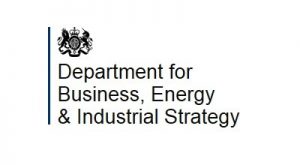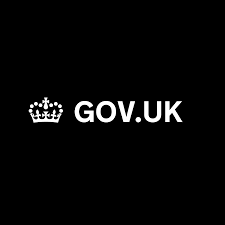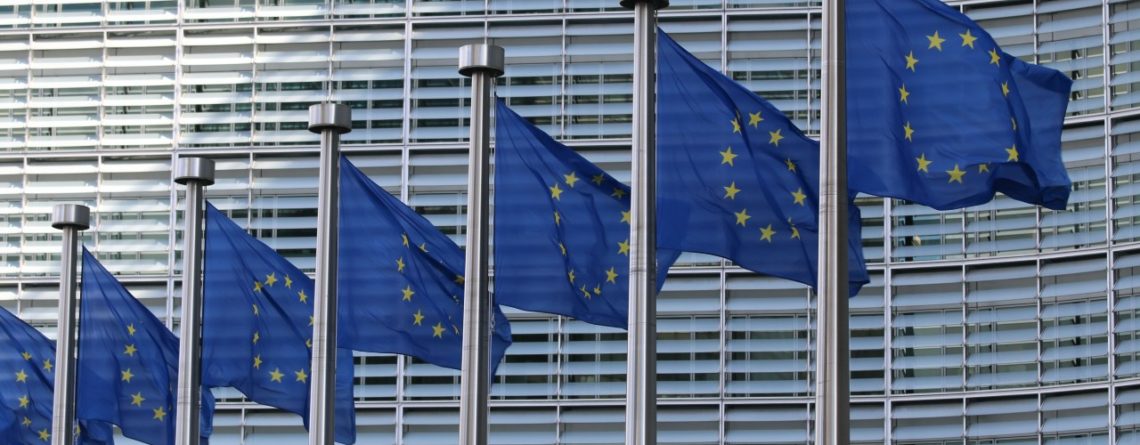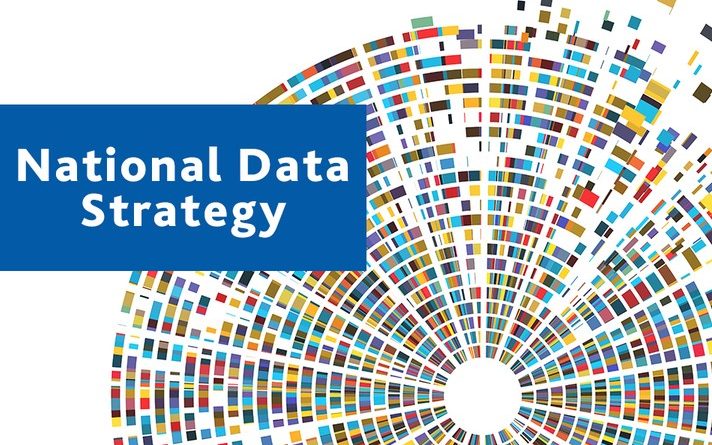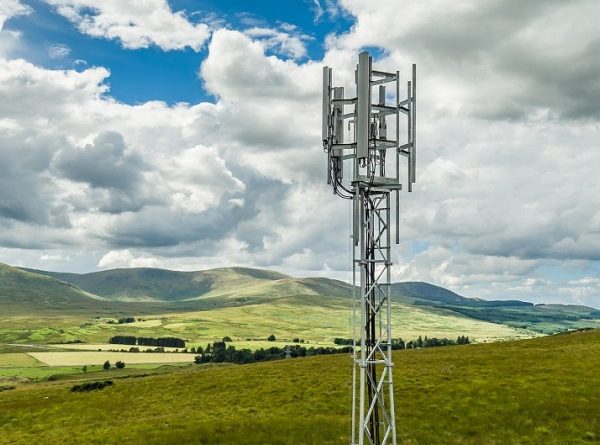In its December 2019 consultation, Ofcom proposed a package of measures to implement new customer protections in the EECC. In a statement by the regulator published today, the following decisions have been made:
- Selling locked handsets will be banned – from December 2021.
- Customers needing accessible formats due to their disabilities can request communications to be sent in a format that meets their needs (e.g. braille). This includes communications about their service such as price changes or payment reminders – from December 2021.
- Customers will be given important information in writing before they sign a contract, including a summary of key contract terms (broadband providers must inform customers of the minimum internet speeds they can expect) – from June 2022.
- Customers can exit their contract if providers make changes they were not previously informed of, and are not to their benefit during the minimum term. This applies to other services or equipment if bought as part of a bundle – from June 2022.
- Enabling broadband switching across physically separate fixed networks, and banning notice period charges beyond the date of the switch for fixed residential customers – from December 2022.
Within the statement, Ofcom is consulting on proposed changes to the General Conditions, the Metering and Billing Direction and the Numbering Plan until 30 November.
The full document is available here:
https://www.ofcom.org.uk/consultations-and-statements/category-1/proposals-to-implement-new-eecc

